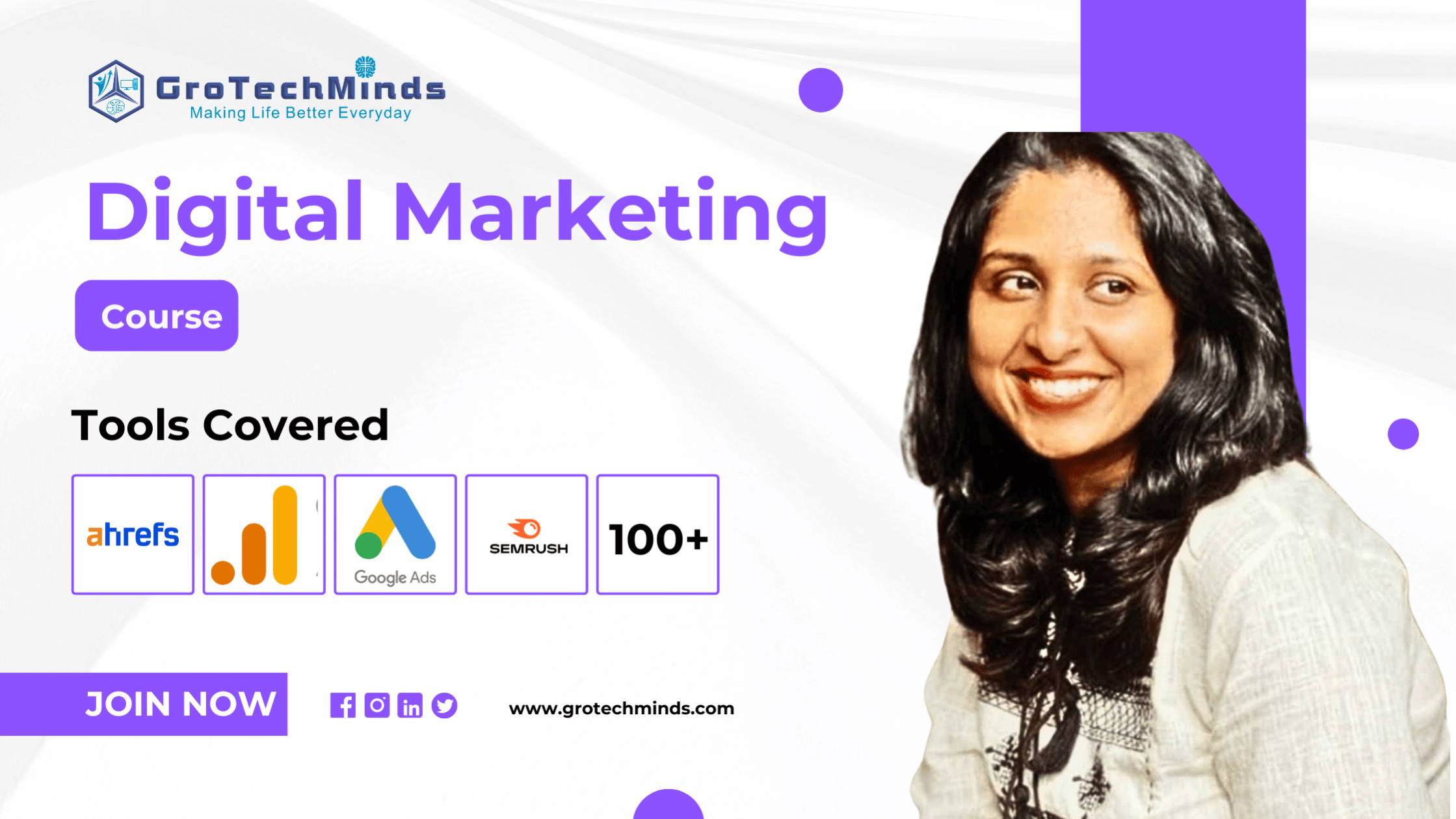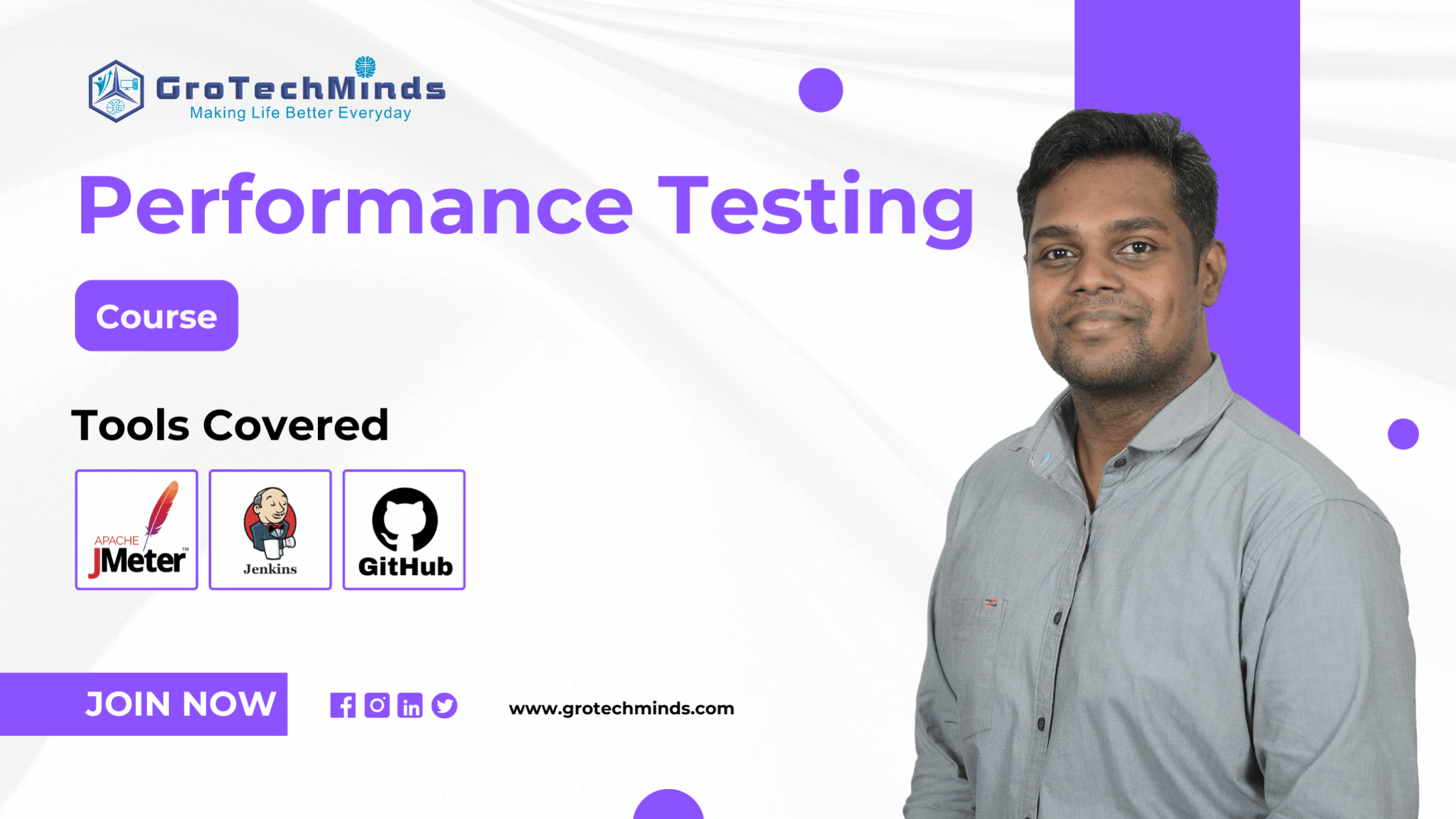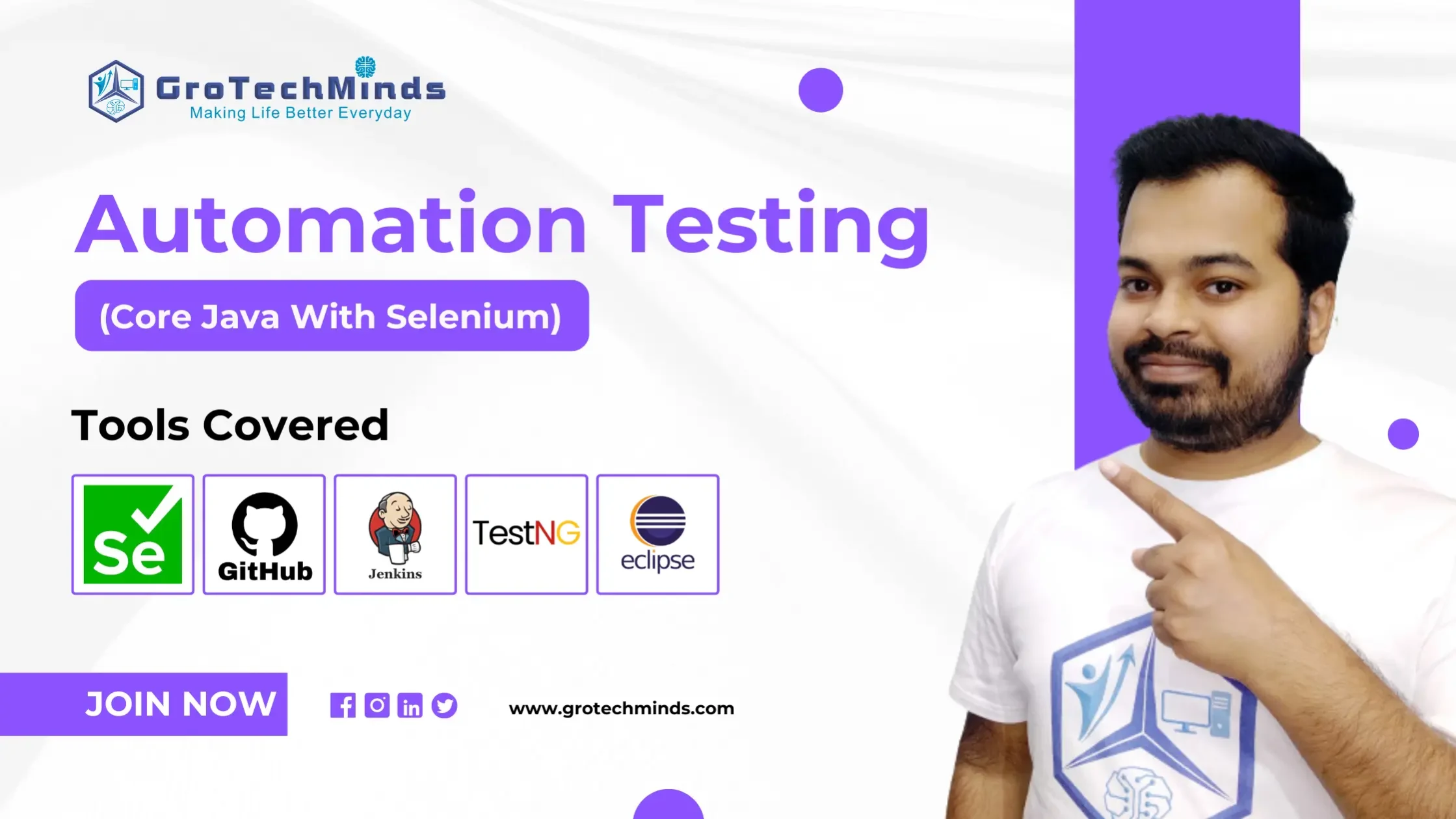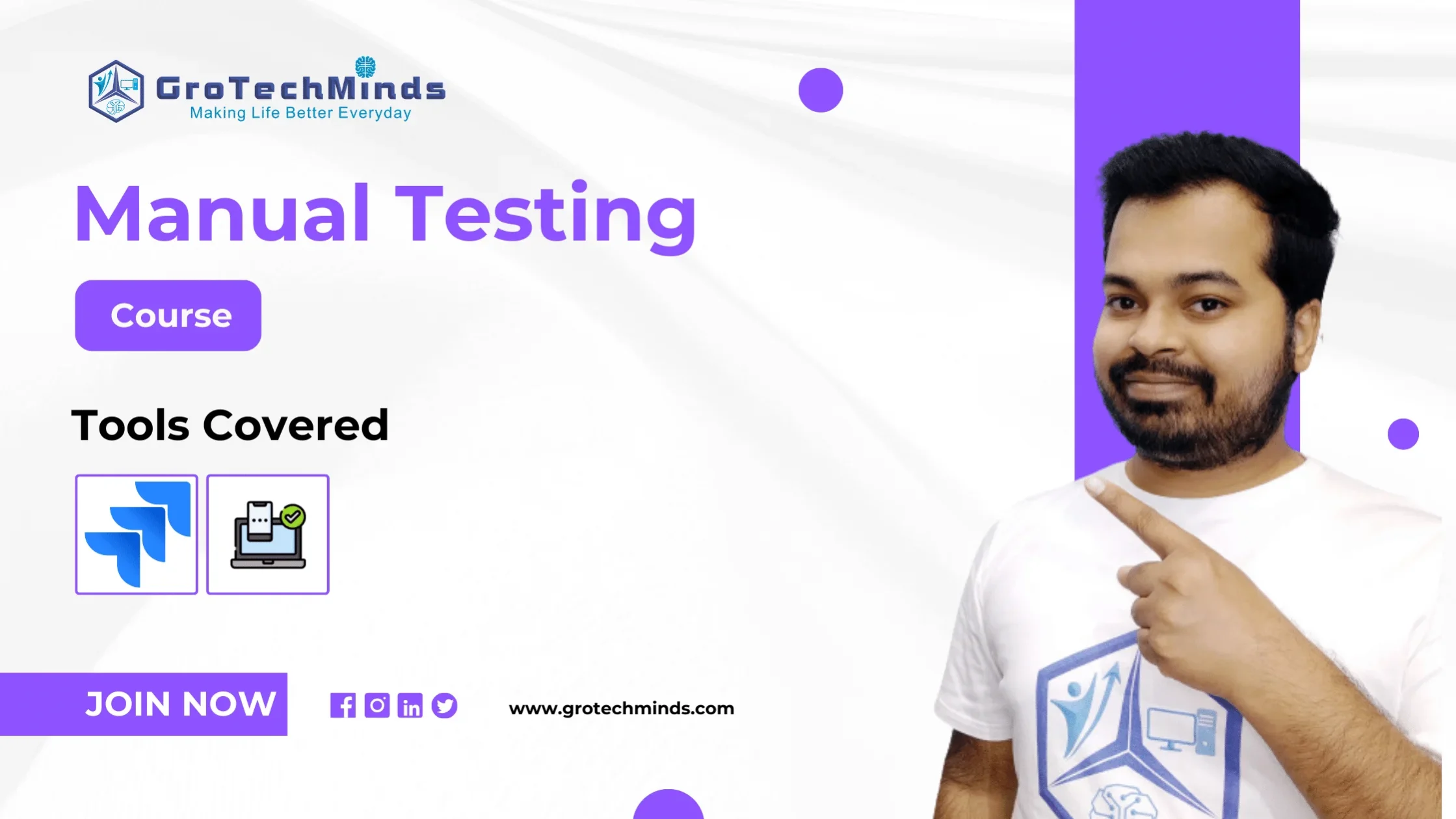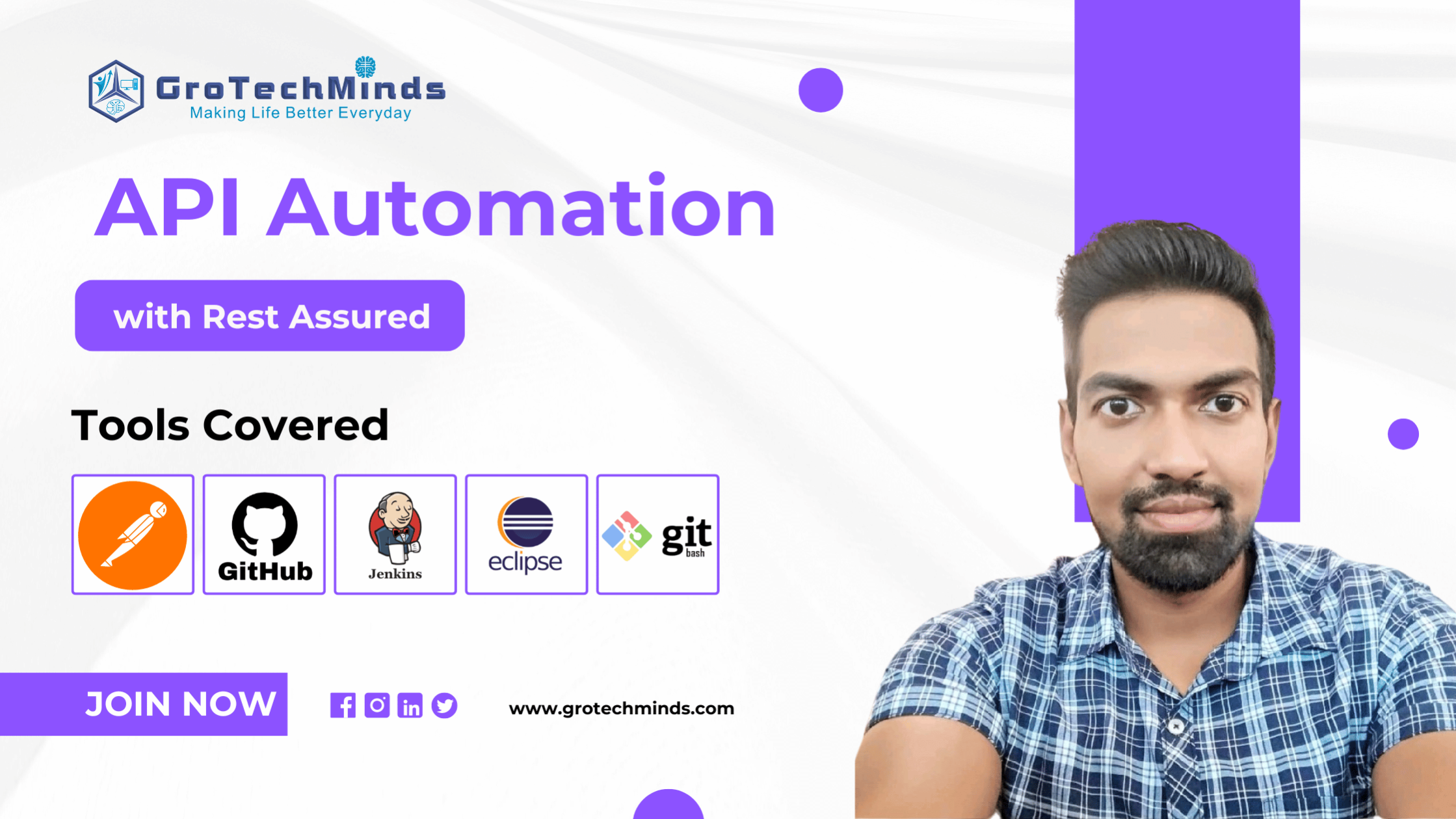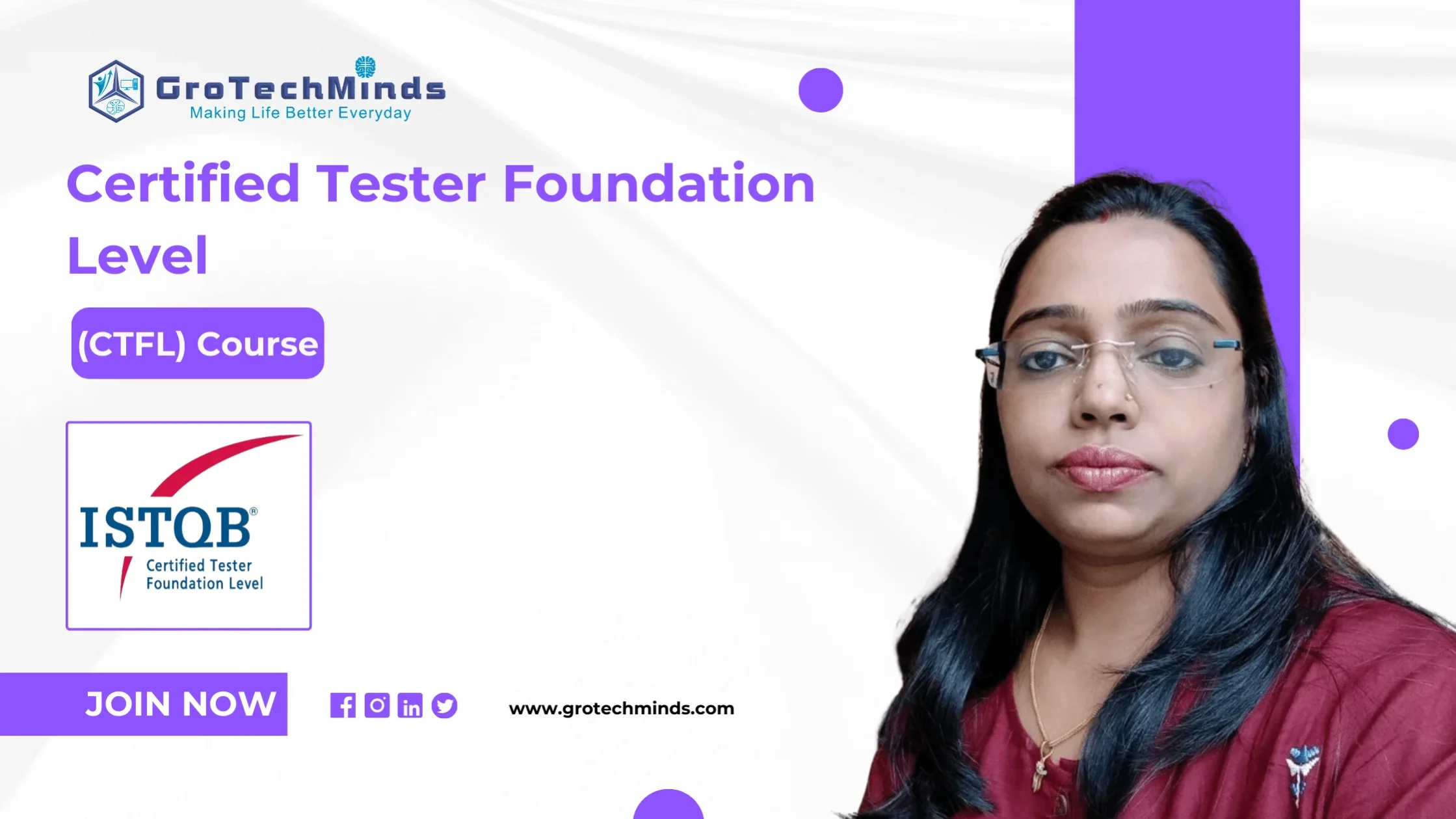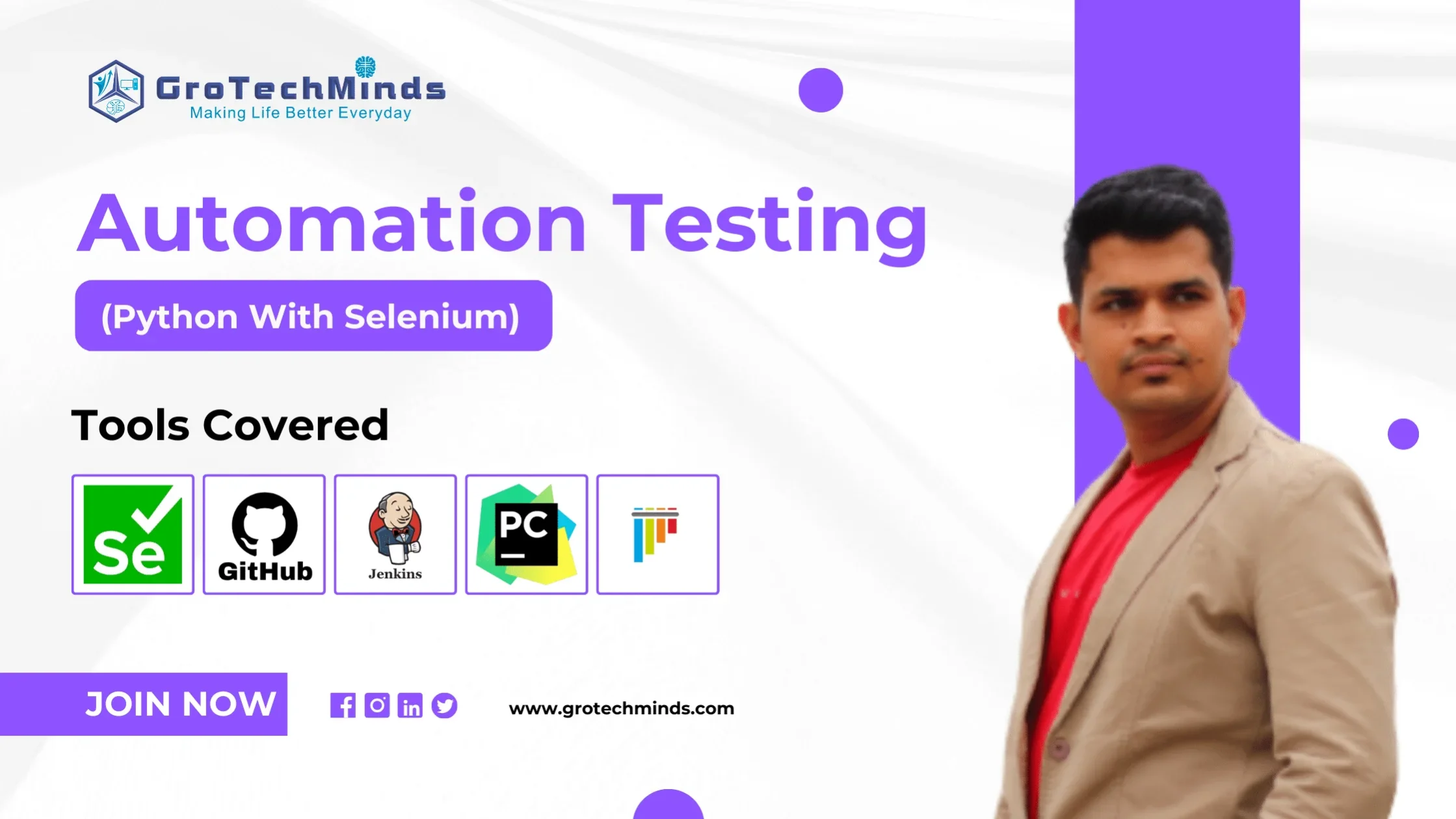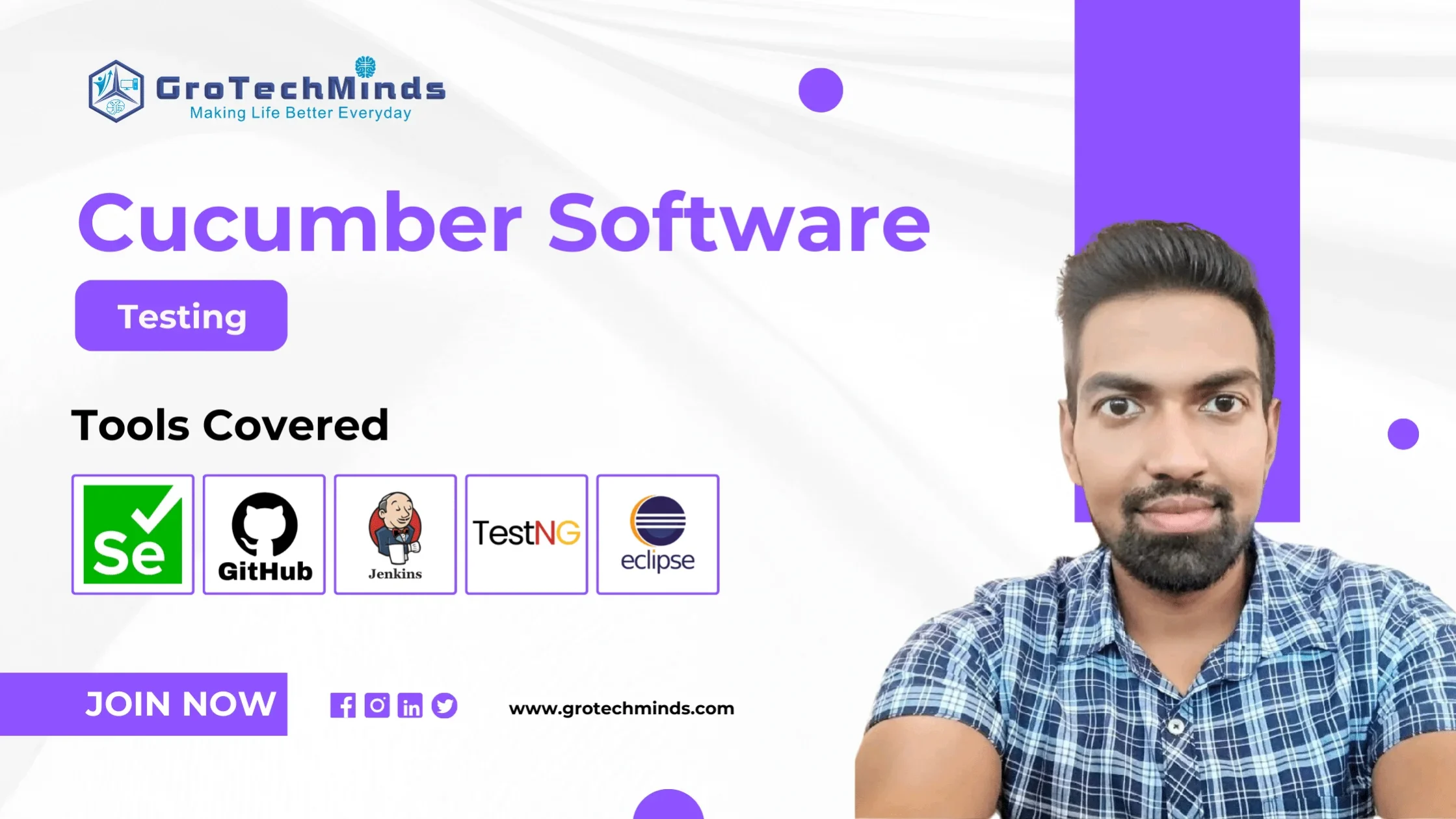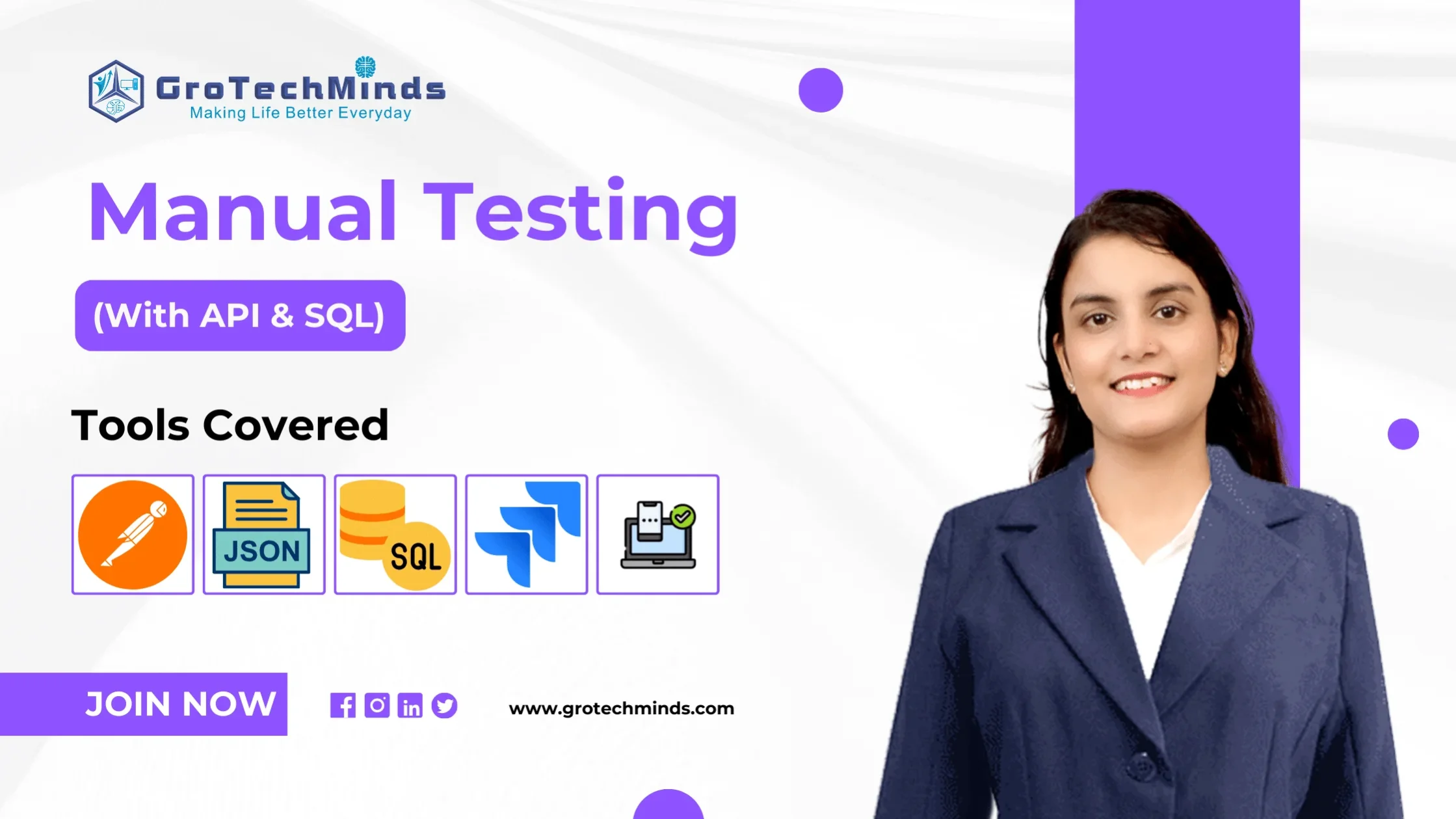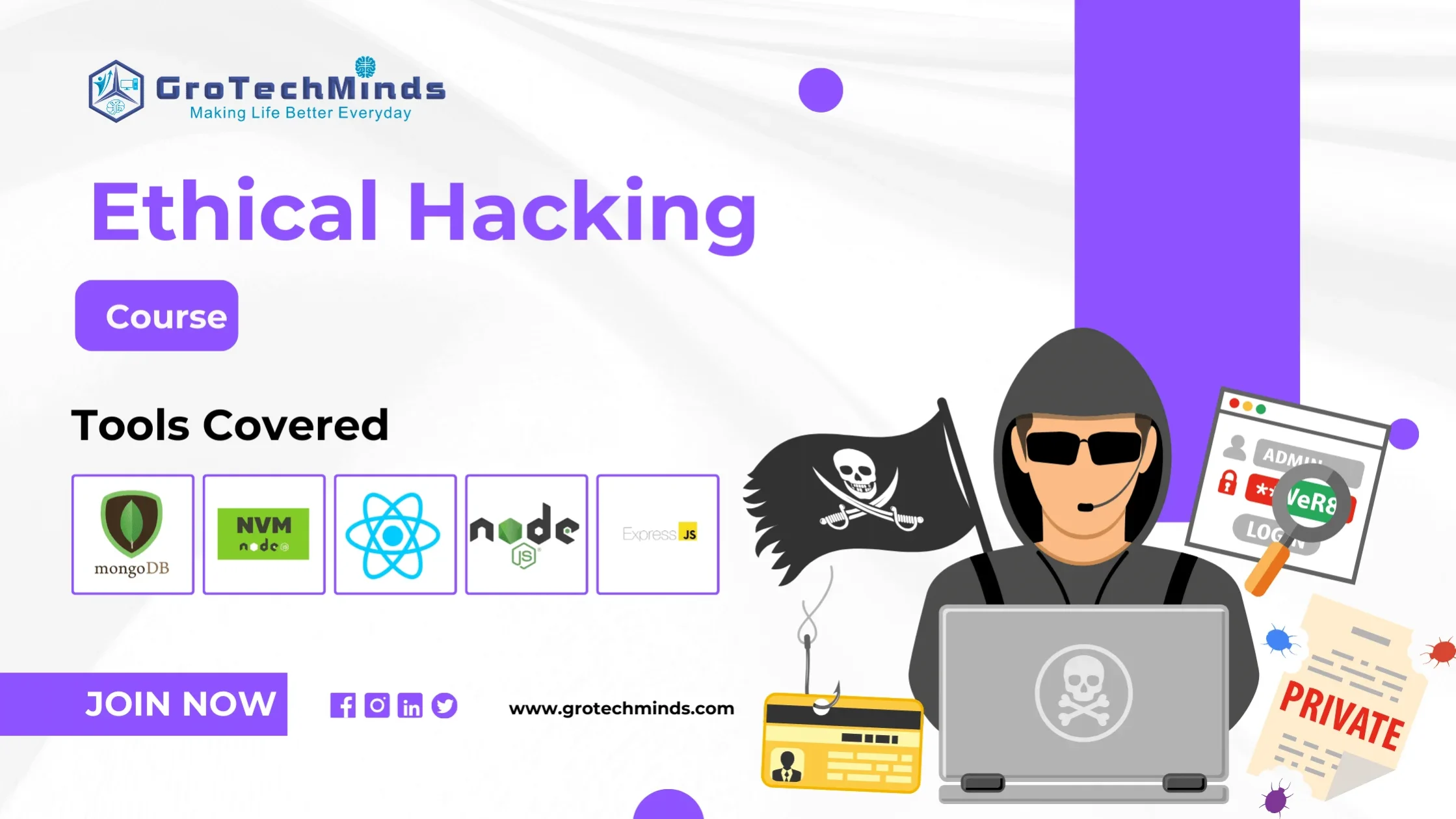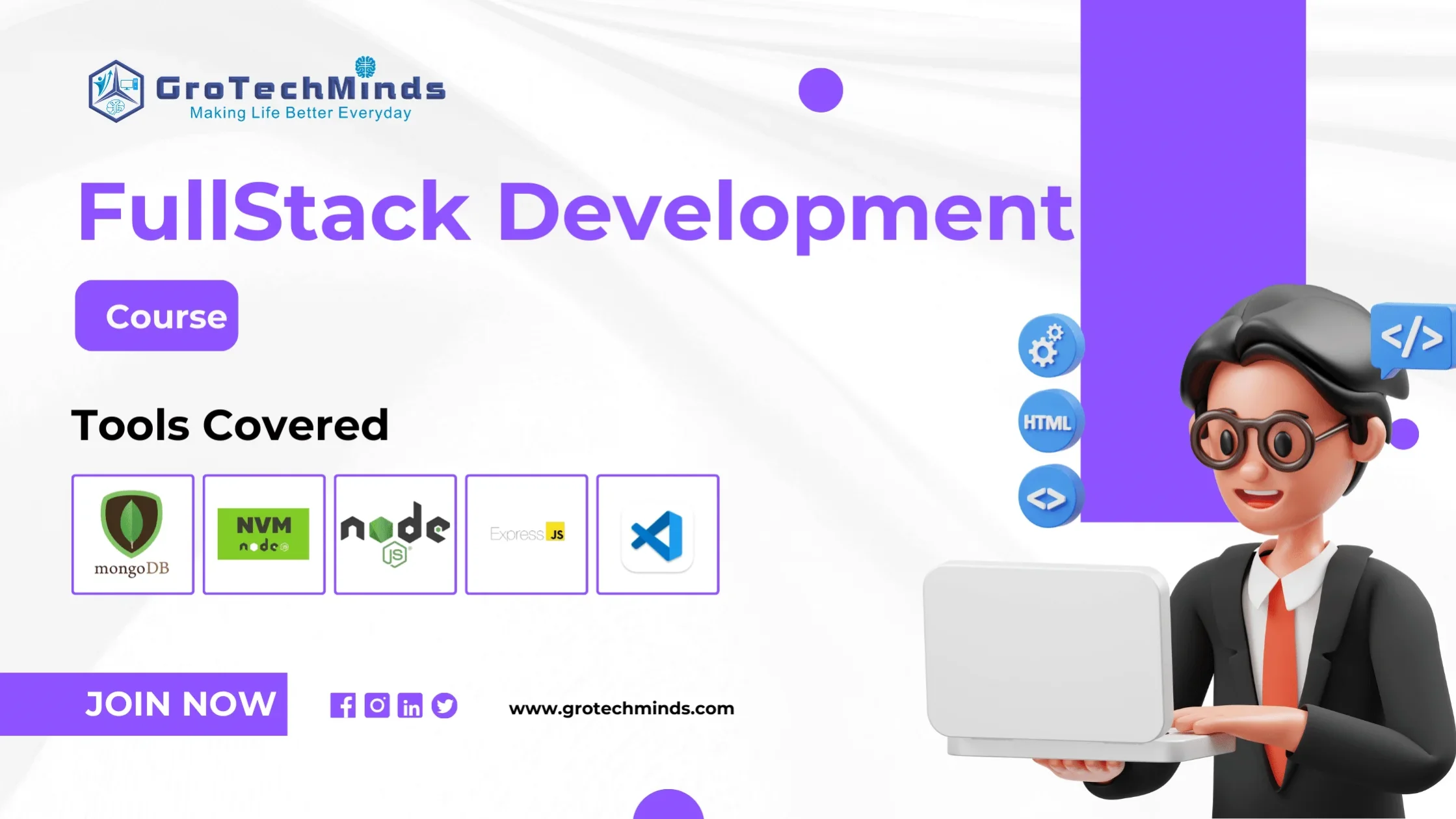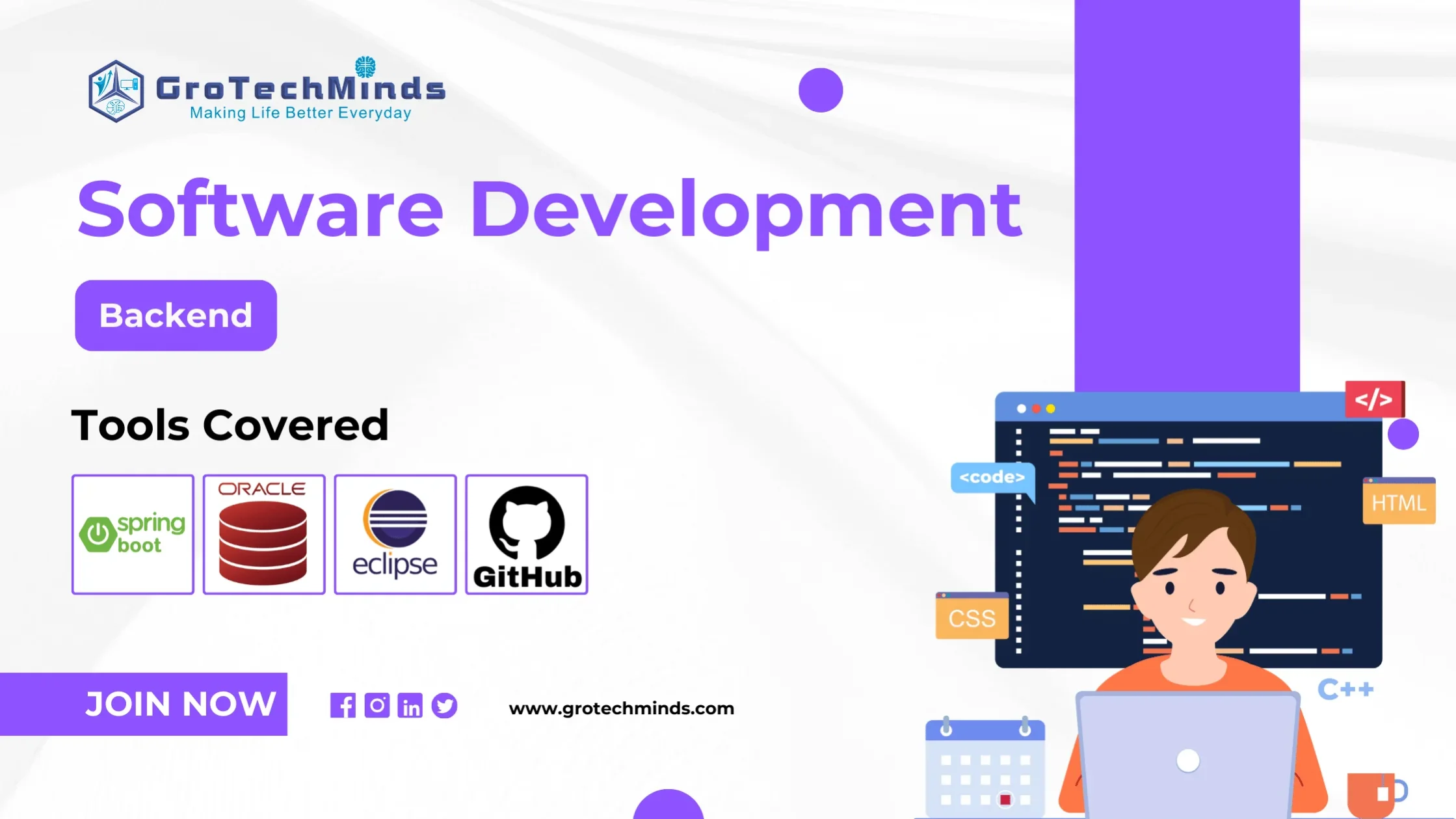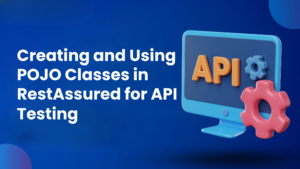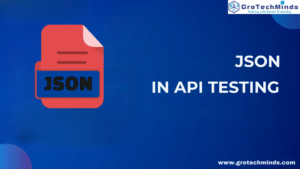
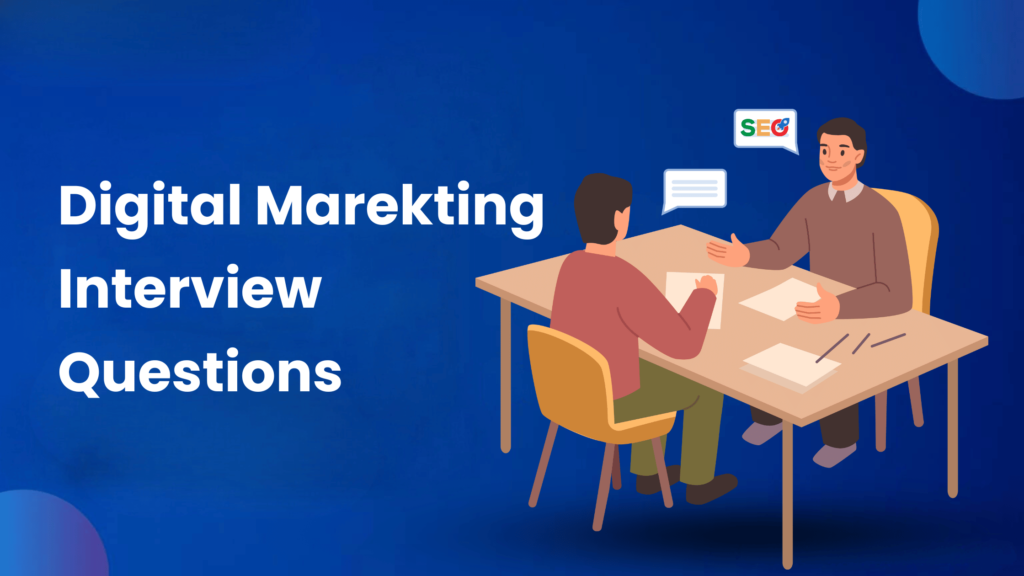
Digital Marketing Interview Questions
Are you preparing for a digital marketing interview?Being aware of what to anticipate may provide you a competitive advantage, regardless of your level of experience. We’ll go over the most often asked interview questions in digital marketing in this in-depth guide, along with advice on how to respond to them. Now let’s get started!
Getting hired in the field of digital marketing might be difficult, but having a strong interview strategy can help tremendously. You’ll get guidance on how to write compelling responses as well as assistance in navigating through the most frequent queries you may come across. Are you prepared to go into your ideal job with more confidence?
Digital Marketing Basics
It’s crucial to understand the principles of digital marketing thoroughly before branching out into more specific fields. To get a sense of your general knowledge, interviewers often start with these.
The term “digital marketing” describes the practice of promoting goods and services using digital channels such websites, email, social media, and search engines. Reaching and interacting with a target audience on the internet requires a variety of methods and approaches.
2. Why is digital marketing important?
Because digital marketing enables companies to reach customers where they spend a large portion of their time, online, it is essential. It is a potent instrument for development since it is affordable, quantifiable, and adaptable to certain audiences.
Search Engine Optimization is known as SEO. on order to enhance organic (non-paid) traffic, you should optimize your website to rank higher on search engine results pages (SERPs). It matters because improved rankings have the potential to increase exposure, traffic, and eventually conversions.
On-page SEO include optimizations carried out directly on your website, such enhancing the quality of your content, using appropriate header tags, and refining your meta descriptions. Off-page SEO takes into account outside variables, such as constructing backlinks from other trustworthy websites to raise the authority of your website.
5. What are some common SEO tools you use?
Google Analytics, Google Search Console, SEMrush, Ahrefs, and Moz are a few of the well-known SEO tools. These tools provide backlink analysis, site audits, keyword research, and ranking monitoring.
content marketing entails producing and disseminating informative, timely information.To draw in and keep the interest of a target audience, Creating trust and offering helpful information are intended to encourage lucrative consumer behavior.
The process of developing a content strategy includes identifying your target market, establishing precise objectives, doing keyword research, organizing content categories and themes, and regularly producing and disseminating excellent content.
Many indicators, including website traffic, engagement (likes, shares, comments), lead generation, and conversions, may be used to gauge success. Applications such as social media insights and Google Analytics are often used.
9. How do you develop a social media strategy?
Creating a social media strategy include deciding which platforms to use, knowing your audience, establishing your objectives, producing interesting material, and routinely evaluating results to improve your plan.
Regular posting, the use of attention-grabbing images, answering messages and comments, holding giveaways or competitions, and using hot themes and hashtags are all efficient strategies to boost engagement.
11. How do you handle negative comments on social media?
It’s important to respond to criticism with composure and professionalism. If required, express regret, acknowledge the problem, and provide a workaround. If there is no way to address the problem in public, it is crucial to move the talk offline.
Pay-Per-Click is referred to as PPC. Advertisers use this internet advertising approach, which charges a fee each time one of their ads is clicked. It’s a method of purchasing website visitors as opposed to obtaining them naturally.
Ad groups, campaigns, and advertising make up a Google advertising campaign. There may be many ad groups in every campaign, and there can be several advertisements in each ad group. Ad groups choose their own keywords and pricing.
PPC campaign optimization includes keyword research and selection, ad text creation, bid setting, performance monitoring, and data-driven modifications.
Email marketing is the practice of promoting items, sharing news, and cultivating connections by sending emails to a list of subscribers. It’s an honest method of reaching out to your audience and increasing conversions.
Creating an email list that works requires providing useful information or incentives in exchange for sign-ups, making sure that sign-up forms are simple and unambiguous, and routinely purging the list of inactive members.
Creating emails, using attention-grabbing subject lines, audience segmentation, offering insightful information, and including powerful calls-to-action are all examples of best practices.
Data is utilized to assess campaign success, comprehend consumer behavior, and make defensible judgments. It supports trend detection, strategy optimization, and increased return on investment.
19. What tools do you use for data analysis?
Tableau, HubSpot, Google Analytics, and Google Data Studio are frequently used tools for data analysis. Utilizing these tools may improve insights by monitoring important parameters and visualizing data.
A/B testing compares two iterations of a website, email, or advertisement to see which works better. Because it enables marketers to optimize for better outcomes and make data-driven choices, it’s crucial.
The term “marketing automation” describes the process of using software to automate routine marketing processes, such lead nurturing, social media posting, and email campaigns. It contributes to increased uniformity and efficiency.
HubSpot, Marketo, Mailchimp, and Pardot are a few well-known marketing automation solutions. These solutions provide a range of functionality to automate and manage numerous marketing-related tasks.
Marketing automation offers many advantages such as time-saving, enhanced targeting and customisation, heightened efficiency, and the provision of comprehensive analytics for campaign optimization.
Mobile marketing refers to using SMS, mobile applications, social media, and mobile-friendly websites to connect and interact with consumers via their mobile devices.
Making a website mobile-friendly entails making sure it loads quickly, is responsive, simple to use on all devices, and is easy to navigate.
By evaluating consumer data to customize content, suggestions, and interactions to individual preferences, artificial intelligence (AI) enhances customization and increases happiness and engagement.
In order to enhance traffic, boost sales, and keep consumers coming back, e-commerce marketers use a variety of digital marketing techniques to promote their online businesses and merchandise.
Retargeting advertisements, streamlining the checkout process, giving incentives, delivering first-rate customer support, and improving product pages are all important strategies for raising conversion rates.
SEO is essential for e-commerce since it increases sales, drives organic traffic, and makes product pages more visible in search engine results.
1. Can you describe a challenging situation you faced in a digital marketing role and how you handled it?
2. How do you stay updated with the latest digital marketing trends?
3. Can you give an example of a successful digital marketing campaign you worked on?
Situational questions assess your problem-solving abilities. Expect questions like these:
- If a campaign is underperforming, how do you identify the problem and fix it?
- How would you handle a sudden change in a digital marketing strategy?
- If you had a limited budget, how would you allocate it across different digital marketing channels?
Here are some final tips to help you succeed in your digital marketing interview:
- Research the company: Understand their products, services, and target audience.
- Showcase your experience: Use specific examples and metrics to demonstrate your skills.
- Stay updated: Be aware of the latest trends and tools in digital marketing.
- Be confident: Believe in your abilities and communicate clearly.
Prepare for a digital marketing interview may seem overwhelming, you may impress prospective employers and get the job by having the appropriate knowledge and strategy. Remember to practise, stay updated with the latest trends in Digital Marketing Course Certification, and maintain a positive attitude throughout your interview process. Put your attention into learning the fundamentals, keeping up with current events, and honing your responses to frequently asked queries. Best of luck!
Also read:
SEO, content production, social media management, data analysis, and knowledge with digital marketing technologies are all necessary competencies.
Important indicators including website traffic, engagement rates, lead generation, and conversion rates are used to gauge success.
SEMrush, Ahrefs, HubSpot, Hootsuite, and Google Analytics are examples of common tools.
Taking online classes, going to webinars, reading trade blogs, and getting practical experience are all ways to become better.
Data is useful for assessing marketing effectiveness, comprehending consumer behavior, and formulating well-informed strategy optimization choices.
Consult Us

